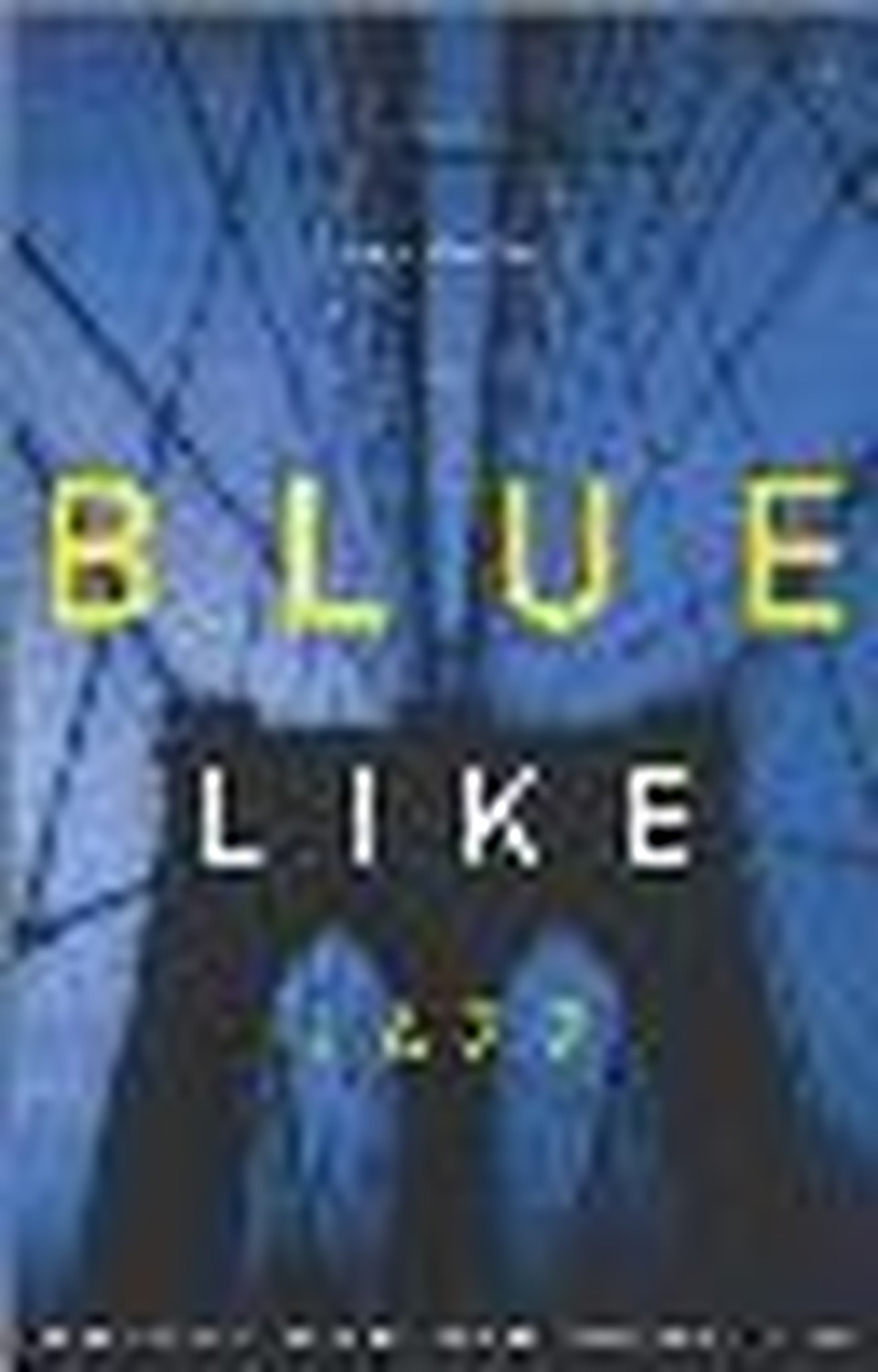Musician Joe Rogness Critiques Blue Like Jazz

Have you every wondered if you’re nuts – you say something with brutal honesty to a fellow believer, and they turn their head to the side like a dog, wondering what in the world you are talking about? I’ve felt like that many times, seemingly more recently, and based on his book, <i>Blue Like Jazz,</i> I’m guessing Donald Miller has as well.
<i>Blue Like Jazz: Non-religious thoughts on Christian spirituality,</i> is a brutally honest and refreshing read. I found myself highlighting a lot of this book as I verbally repeated the word “exactly.” Miller approaches topics such as romance, grace, loneliness, worship, and multiple other topics tied to the church/community with the type of honesty reminiscent of Brennan Manning, Larry Crabb, or as others have cited, Anne Lamott.
You can’t help but ask yourself some pretty honest questions as you read this book. It is crafted with transparency, and it is a beautiful, poetic read. This book is a means to step back and evaluate your personal perspective on living in our culture with a Christian worldview.
The chapter on confession particularly impacted me. In it, Miller describes how he and a few other believers set up a confession booth on campus at Reed College (a school known to be a bit liberal). It’s not a typical confession booth, however, as their intention was that they would be doing the confessing – that as Christians we have not been very loving, we have been bitter, we have neglected the poor, etc. to the students at the college.
I recently had an experience where this chapter popped quickly into my mind over lunch recently with a new friend. He is a beautiful musician, and had reluctantly agreed to play with me at a couple of events recently, a festival and a Sunday worship service at a local church.
As were catching up over lunch, he asked why do I do the music I do. I explained that while my goal is to simply write about real life, my passion is for two people: the person in the church who may be walking in shame (for whatever reason) and the person who left the church because they couldn’t deal with it anymore.
I’m not beating up on the church, I just know there are many who have left for many reasons and I’ve learned when we talk honestly about it, people are pretty willing to give up their issues over a conversation. I went on to say that my goal is to bring music that embraces the ups and downs of life to them, build trust, and then hopefully re-introduce Jesus to that person. He stated he was the second person I described.
Here is why: You see, he had six years earlier been engaged to a lovely girl. While engaged, they learned the cancer she had beat once before had returned. They accelerated the wedding date forward, were married, and he nursed her to her death a couple of months later. He explained to me that after her death that various people from their church had given the trite answers – “she’s in a better place,” “her pain is gone,” “you’ll meet her again in heaven,” etc.
But no one was willing to swim in his grief with him. (Whether his memory of the incident is 100 percent accurate or not seems insignificant to me – because what he remembers is his reality). He stated he hadn’t walked into a church from that time (six years ago) until the gig we had completed a few weeks earlier.
While I didn’t fully know the context of the situation, I simply apologized, perhaps on behalf of the church, but more so, on behalf of Jesus. I don’t know that I would have done anything different from those that hurt him. However, at our lunch, my job wasn’t to bring any answers, or to fix a wrong, it was to simply love him. So I tried my best. And will continue to do so.
Miller’s writings helped soften me for this encounter. I think his writing has a way of doing that to the reader. Sometimes, we need to step back, take a breath and think about how our day-to-day, minute-to-minute interactions may impact others. This book is a great tool to do just that.

Originally published October 04, 2004.




